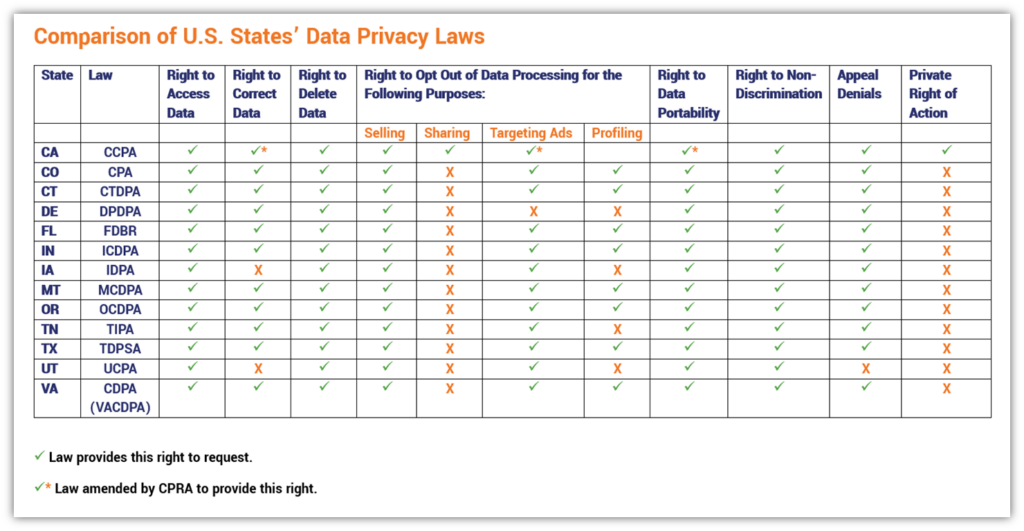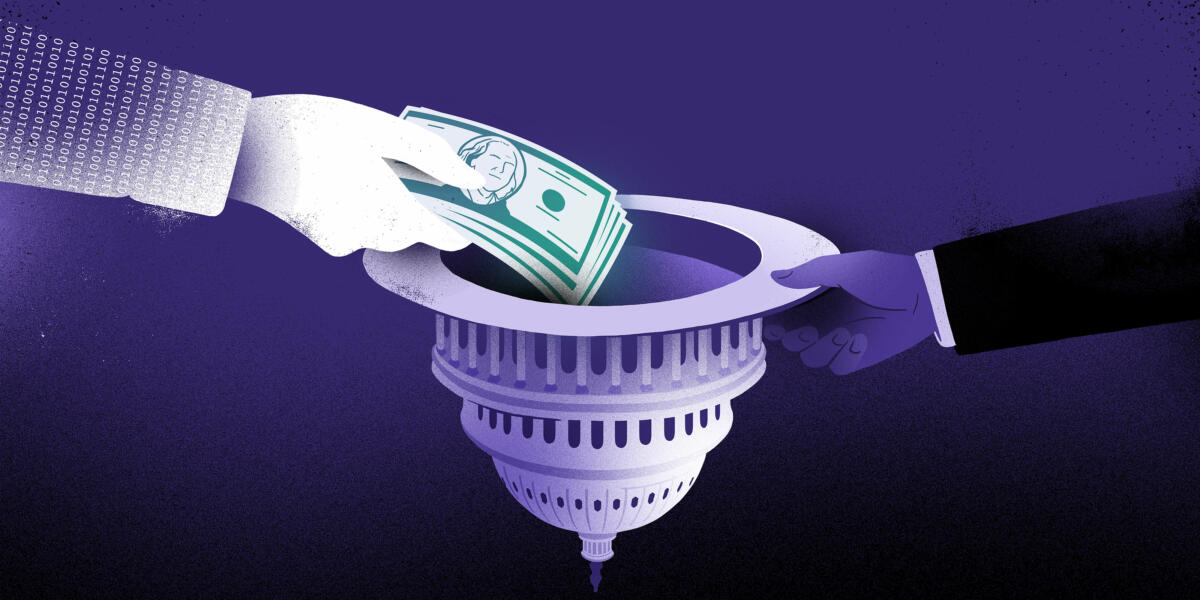
In today's interconnected digital landscape, the management and protection of personal information have become paramount. This section delves into the diverse frameworks that various nations employ to oversee the collection and dissemination of user data by entities commonly known as information aggregators. By examining these regulatory approaches, we aim to shed light on the complexities and nuances of privacy protection in a global context.
Key Differences in Regulatory Approaches
Each country grapples with unique challenges and cultural perspectives when it comes to safeguarding personal data. From stringent legislative measures to more flexible guidelines, the spectrum of regulatory strategies is vast. This analysis highlights the primary methodologies adopted by different regions, emphasizing how these approaches reflect their specific societal values and technological advancements.
Impact on Industry Practices and Consumer Rights
The varying regulatory landscapes not only influence the operational norms of information aggregators but also significantly impact consumer rights and expectations. Understanding these impacts is crucial for both industry stakeholders and consumers alike, as it underscores the importance of tailored regulatory frameworks that balance innovation with privacy.
As we explore these topics, it becomes evident that the evolution of privacy laws and their enforcement is an ongoing process, shaped by technological progress and societal shifts. This section aims to provide a comprehensive overview of the global regulatory environment, offering insights that are both informative and thought-provoking.
European Union Data Protection Laws
This section delves into the comprehensive framework established by the European Union to safeguard personal information and regulate the collection and processing of such information. The primary legislation, known as the General Data Protection Regulation (GDPR), has set a global standard for privacy rights and data protection.
| Aspect | Details |
|---|---|
| Primary Legislation | General Online data privacy Protection Regulation (GDPR) |
| Key Objectives | To harmonize data privacy laws across Europe, protect and empower all EU citizens' data privacy, and reshape the way organizations across the region approach data privacy. |
| Scope | Applies to all companies processing the personal data of data subjects residing in the EU, regardless of the company's location. |
| Main Requirements | Consent of the data subject for data collection, clear data processing objectives, data minimization, data accuracy, storage limitation, integrity and confidentiality, and accountability. |
| Penalties | Significant fines for non-compliance, up to 4% of annual global turnover or €20 million (whichever is greater). |
The GDPR not only impacts organizations within the EU but also has far-reaching effects on businesses globally that handle the data of EU residents. It emphasizes the importance of transparency, the rights of individuals, and the responsibilities of organizations in managing personal information effectively.
EU Data Protection Laws

This section delves into the comprehensive framework established by the European Union to safeguard personal information and ensure privacy rights are upheld. The cornerstone of these efforts is a robust legislative system designed to protect citizens from unauthorized access and misuse of their personal data.
At the heart of EU privacy laws is the General Data Protection Regulation (GDPR), which came into effect in May 2018. This landmark legislation sets a high standard for data protection across member states, emphasizing the rights of individuals and imposing stringent obligations on organizations handling personal information.
- Scope and Application: GDPR applies to all entities processing the personal data of individuals within the EU, regardless of the entity's location. This extraterritorial application ensures consistent protection for EU citizens' data.
- Key Principles: The regulation outlines several fundamental principles, including the necessity for lawful, fair, and transparent processing; purpose limitation; data minimization; accuracy; storage limitation; integrity and confidentiality; and accountability.
- Individual Rights: GDPR enhances the rights of data subjects, granting them the right to access their personal data, the right to rectification, the right to erasure (or 'right to be forgotten'), the right to restrict processing, the right to data portability, and the right to object.
- Penalties: Non-compliance with GDPR can result in substantial fines, up to 4% of global annual turnover or €20 million, whichever is higher. This significant financial risk encourages strict adherence to the regulation.
In addition to GDPR, the EU has other complementary laws and directives that support data protection, such as the ePrivacy Directive, which focuses on the confidentiality of electronic communications. These laws collectively form a comprehensive framework that not only protects personal data but also fosters trust in digital services across the EU.
Overall, the EU's approach to data protection reflects a commitment to privacy as a fundamental human right, setting a global standard that influences data protection policies worldwide.
US Privacy Acts and Policies
This section delves into the intricate framework of privacy laws and policies in the United States. It explores how these measures are designed to safeguard personal information and ensure that citizens maintain control over their digital identities.
Key Legislation
The United States has a patchwork of laws that address privacy concerns, reflecting the diverse needs and technological advancements across various sectors. Among these, the Federal Trade Commission Act plays a pivotal role by prohibiting unfair or deceptive practices. Additionally, sector-specific laws like the Health Insurance Portability and Accountability Act (HIPAA) and the Gramm-Leach-Bliley Act provide detailed guidelines for health and financial information, respectively.
State-Level Initiatives
Beyond federal laws, several states have enacted their own privacy statutes to fill gaps or address specific local concerns. Notably, the California Consumer Privacy Act (CCPA) grants residents extensive rights over their personal data, including the right to know what information is collected and the right to opt-out of sales. This act has set a precedent that is influencing other states to consider similar legislation.
Ongoing Challenges and Developments
Despite these efforts, the landscape of privacy protection in the US is continually evolving. Challenges include the rapid pace of technological change, the cross-border flow of information, and the need for harmonization between different legal frameworks. Recent developments, such as the proposed US Privacy Act, aim to create a more unified approach to privacy protection, potentially aligning more closely with international standards.
Understanding the complexities of US privacy acts and policies is crucial for anyone involved in the collection, processing, or analysis of personal information. As the digital landscape continues to expand, these laws will remain at the forefront of discussions about individual rights and technological governance.
Asian Data Governance Models

This section delves into the diverse approaches adopted by Asian nations in managing and safeguarding information. Each country has tailored its policies to align with cultural, economic, and technological landscapes, resulting in a rich tapestry of governance models.
Asian countries, ranging from tech giants to emerging economies, have implemented various frameworks to ensure the security and ethical use of information. These models are often influenced by global trends but are uniquely adapted to local contexts.
| Country | Key Features | Impact |
|---|---|---|
| China | Stringent cybersecurity laws and a centralized oversight mechanism. | Promotes national security but raises concerns about individual privacy. |
| India | Adoption of comprehensive data protection bills with a focus on individual consent. | Balances growth of digital economy with protection of personal information. |
| Singapore | Pro-business environment with robust data protection laws. | Attracts international investments while maintaining high standards of privacy. |
| South Korea | Strict enforcement of privacy laws with heavy penalties for breaches. | Ensures high levels of consumer trust in digital services. |
These examples illustrate the diversity in Asian data governance, reflecting the region's dynamic interplay between technological advancement and regulatory oversight. Each model aims to foster a secure digital environment that aligns with national priorities and global standards.
Australian Data Broker Controls

Australian Data Broker Controls delve into the framework established by Australian authorities to oversee the management and protection of personal information handled by entities within the country. This section explores the legislative and regulatory measures designed to ensure that such information is collected, used, and disclosed in a manner consistent with privacy and security principles.
The Privacy Act of 1988 is a cornerstone in Australian privacy law, providing a comprehensive set of rules for the handling of personal information. This Act applies to both the public and private sectors and sets out 13 Australian Privacy Principles (APPs) that govern how organizations should collect, use, store, and disclose personal information.
One of the key features of the APPs is the requirement for entities to implement robust data security measures. These measures are designed to protect personal information from misuse, interference, loss, and unauthorized access, modification, or disclosure. Additionally, the Act mandates that entities must take reasonable steps to destroy or de-identify personal information that is no longer needed for any permitted purpose.
In recent years, the Australian government has also introduced the Notifiable Data Breaches (NDB) Scheme, which came into effect in 2018. This scheme requires entities covered by the Privacy Act to notify affected individuals and the Office of the Australian Information Commissioner (OAIC) when a data breach is likely to result in serious harm. This proactive approach to data breach disclosure helps to mitigate potential risks and ensures transparency in the handling of personal information.
Furthermore, the OAIC plays a crucial role in enforcing privacy standards and providing guidance to organizations on best practices for data handling. The commission conducts audits and investigations, and can impose penalties for non-compliance with the Privacy Act. This regulatory oversight helps to maintain high standards of privacy protection across various sectors.
In conclusion, Australian data broker controls are characterized by a strong legislative framework, stringent privacy principles, and proactive regulatory measures. These elements work together to safeguard personal information and promote trust in the digital economy.
Latin American Privacy Regulations
This section delves into the intricate framework of privacy laws across Latin America, highlighting how various nations within this region manage and protect personal information. The focus is on the legislative measures that govern the collection, storage, and dissemination of sensitive information, ensuring a balance between technological advancement and individual rights.
Latin America has seen a significant evolution in its privacy legislation, driven by the increasing digitalization and the need to safeguard citizens' rights in the digital age. Here, we explore the key aspects of these laws, their implementation, and their impact on both businesses and consumers.
- Brazil's General Data Protection Law (LGPD): Enacted in 2018, the LGPD sets comprehensive standards for handling personal data, both within and outside Brazil. It emphasizes the principles of transparency, purpose limitation, and data minimization, and imposes hefty fines for non-compliance.
- Argentina's Personal Data Protection Law (Law 25,326): This law, in place since 2000, was updated to align with international standards. It provides guidelines for the processing of personal data, including consent requirements and the rights of data subjects.
- Mexico's Federal Law on Protection of Personal Data Held by Private Parties: Known as the LFPDPPP, this law mandates that private entities ensure the privacy and personal data protection of individuals. It includes provisions for data breach notifications and the establishment of data protection officers.
Each of these laws reflects the region's commitment to adapting to global digital trends while preserving the fundamental rights of individuals. The enforcement mechanisms and the cultural context of each country play a crucial role in shaping the effectiveness of these privacy laws.
In conclusion, Latin America's approach to privacy is characterized by a blend of legal innovation and respect for individual freedoms. As the digital landscape continues to evolve, these laws will likely undergo further refinement, ensuring that they remain relevant and effective in protecting personal information in the region.
Middle Eastern Data Handling Laws
Overview of Middle Eastern Privacy Frameworks
In this section, we delve into the intricate privacy frameworks established across various Middle Eastern nations. These frameworks are designed to safeguard personal information and ensure that digital transactions remain secure. The focus is on how these countries manage the collection, storage, and dissemination of sensitive information within their jurisdictions.
Key Elements of Middle Eastern Privacy Laws
Middle Eastern countries have been progressively enhancing their legal structures to address the evolving challenges of digital privacy. These laws typically encompass stringent measures for the protection of personal data, emphasizing the rights of individuals to control their information. Additionally, they often include provisions for heavy penalties against entities that fail to comply with these standards.
Impact on Business Operations
For businesses operating in or targeting the Middle Eastern market, understanding these privacy laws is crucial. Non-compliance can lead to significant legal repercussions and damage to corporate reputation. Companies must therefore invest in robust data management systems and ensure ongoing compliance with local privacy requirements.
Future Trends in Middle Eastern Privacy Legislation
Looking ahead, it is anticipated that Middle Eastern nations will continue to refine their privacy laws in response to technological advancements and global privacy trends. This could involve adopting more unified approaches to privacy management across the region, potentially aligning more closely with international standards.
Conclusion
Middle Eastern privacy laws represent a critical component of the region's digital landscape, influencing both local and international business practices. As these laws evolve, they will continue to shape the way organizations handle sensitive information, emphasizing the importance of privacy and security in the digital age.
African Data Privacy Initiatives

This section delves into the various strategies and frameworks adopted by African nations to safeguard personal information and ensure digital security. As the digital landscape evolves, African countries are increasingly recognizing the importance of robust privacy measures to protect citizens' rights and maintain trust in digital services.
African nations have been proactive in developing and implementing privacy initiatives that reflect both global standards and local needs. These efforts are crucial for fostering a secure digital environment and promoting economic growth through technology.
| Country | Privacy Law | Key Features |
|---|---|---|
| South Africa | Protection of Personal Information Act (POPIA) | Enforces strict guidelines on data collection, processing, and storage. It also mandates companies to ensure data security and transparency in their operations. |
| Kenya | Data Protection Act | Introduces a Data Protection Commissioner to oversee compliance and provides individuals with rights to access, correct, and delete their personal information. |
| Nigeria | Nigeria Data Protection Regulation (NDPR) | Focuses on accountability and requires organizations to conduct data protection impact assessments. It also sets penalties for non-compliance. |
| Ethiopia | Digital Rights and Freedom Bill | Aims to protect digital rights, including privacy, and establishes mechanisms for redress against violations. |
These initiatives highlight the diverse approaches taken by African countries to address privacy concerns. By aligning with international best practices, African nations are not only protecting their citizens but also positioning themselves as competitive players in the global digital economy.
